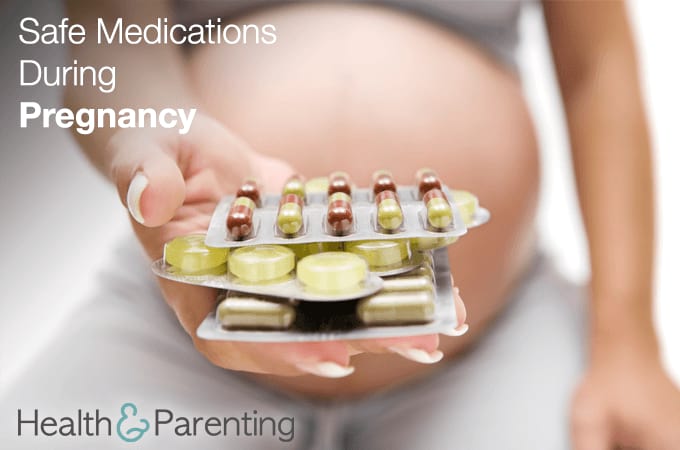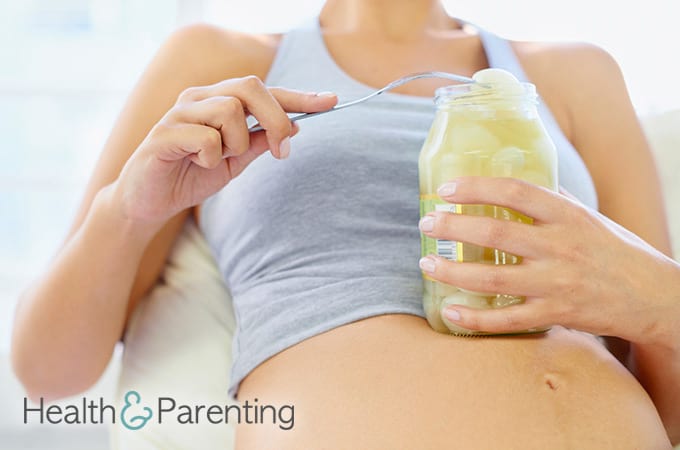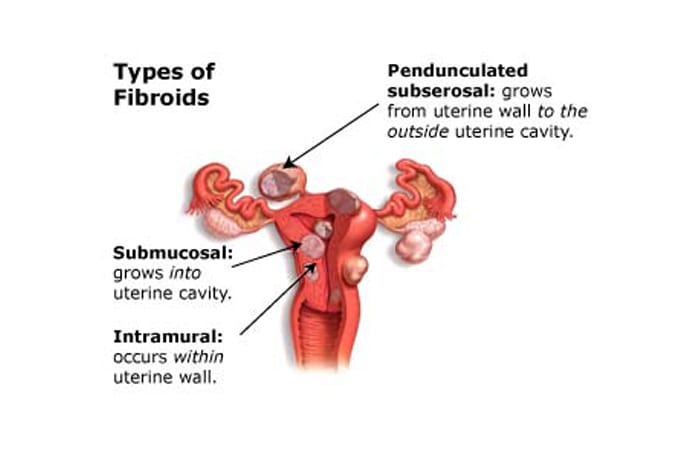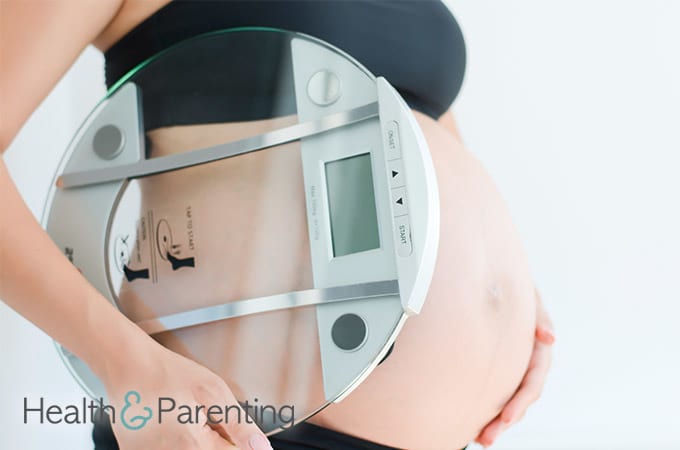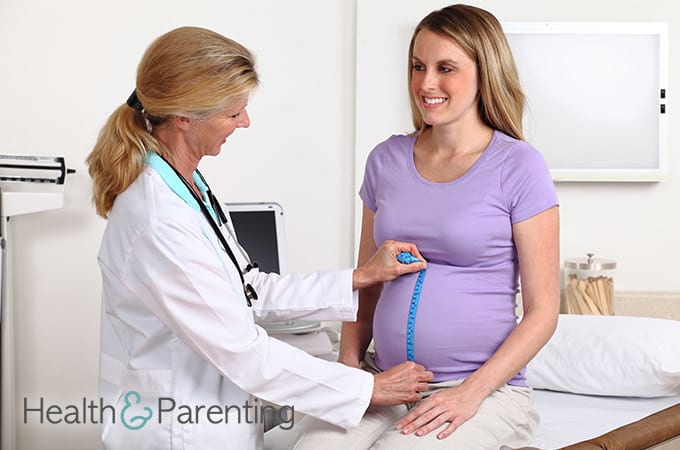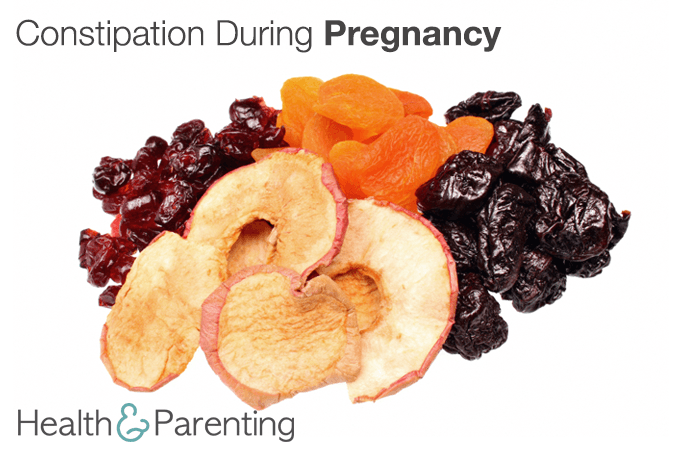You have allergies. Or migraines. Perhaps you suffer from an underactive thyroid, or high blood pressure. Or you are suffering from generalized aches and pains during pregnancy. Now that you are pregnant, you may be wondering what medications are safe to take during pregnancy.
The most important thing to know is that you should take as little medication as possible! Obviously, if you have any existing health problems that you take medication for on a daily basis, it is important to talk to your healthcare provider. Sometimes, they will change the medication you are on or the dosage, advise you to stop taking it or give you the green-light to continue treatment and just monitor your condition.
When it comes to over-the-counter medications, it ALWAYS important to check with a pharmacist, or your doctor before taking anything. Generally speaking however there are certain medications deemed low risk for pregnant women.
For stomach upset, medications such as Tums, Mylanta and Maalox are considered safe. Just don’t use over the recommended dosing, and consider that stomach upset and heartburn is often just part of pregnancy. Avoid indigestions medications containing salicylates, such as Pepto Bismol.
If you have a cold, the following medications are considered safe to use:
- Guaifenesin, an expectorant (Hytuss, Mucinex, Naldecon Senior EX, Robitussin)
- Dextromethorphan, a cough suppressant (Benylin Adult, Robitussin Maximum Strength Cough, Scot-Tussin DM, Vicks 44 Cough Relief)
- Guaifenesin plus dextromethorphan (Benylin Expectorant, Robitussin DM, Vicks 44E)
- Cough drops
- Vicks VapoRub
Again, before buying a non-name brand, check with a pharmacist on duty and ALWAYS read the ingredients before taking any cold medications. You should avoid any medicines that contain alcohol at any time, and should start with lowest recommended dose when taking medicine.
For generalized aches and pains or headaches – the only medication you should take is acetaminophen (Paracetamol). It is important to avoid any medications that include aspirin or aspirin derivatives.
If you have other problems such as constipation, yeast infections, insomnia, the flu, or a bacterial or viral infection, you should visit your doctor before purchasing any medications over the counter.
It is also VERY important to steer clear of herbal remedies and herbal blends while pregnant. There are many herbal blends that contain certain herbs which can compromise your pregnancy, or even cause you to miscarry. So use caution when using homeopathic remedies and avoid anything that includes Cohosh.
Written By Stef, Mom of 4 @Momspirational
This information is not intended to replace the advice of a trained medical doctor. Health & Parenting Ltd disclaims any liability for the decisions you make based on this information, which is provided to you on a general information basis only and not as a substitute for personalized medical advice. All contents copyright © Health & Parenting Ltd 2018. All rights reserved.

